COSMETIC INJECTABLES AND THERAPEUTICS
The Ultimate Guide!
Attention smile designers! Drs. Lisa Germain and Benji Dhillon's latest book offers invaluable insights into minimally invasive cosmetic and therapeutic procedures. Packed with practical case studies, it's a must-have resource for enhancing patient satisfaction and practice profitability.
LATEST ARTICLES

Strategies for Growth and Sustainability with Drs. Nate Jeal and BT Nguyen

Implant Dentistry: A Solution for Working Dental Moms?
by The New Dentist

Exploring the Frontiers of Pediatric Dental Sleep Medicine
by The New Dentist

Teeing Up Success: Dr. Drew Ferris's Orthodontic Journey
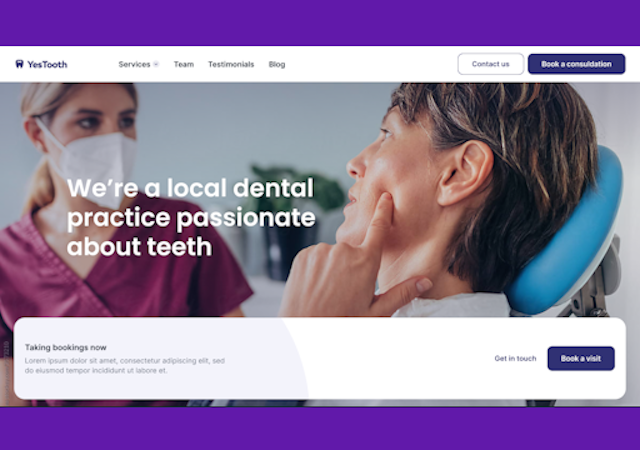
Dental Website Functionality: What to Keep in Mind (and a few ways to save)
FEATURED PROFILES

Indraneel Kanaglekar, President, ZimVie Dental
by The New Dentist

Dr. John Kois, Kois Center
by The New Dentist
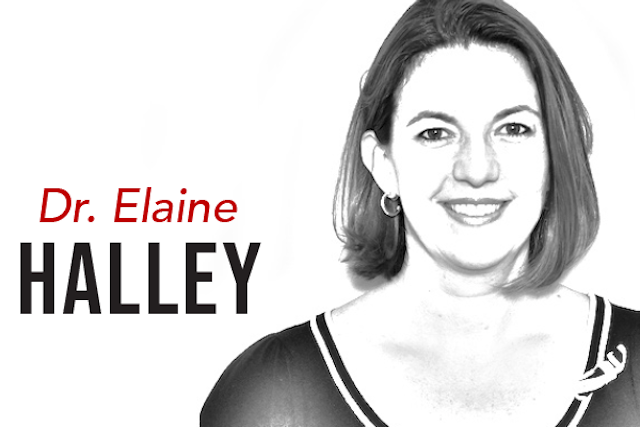
Dr. Elaine Halley, P-I Brånemark Award for Lifetime Achievement Recipient
by The New Dentist

Dr. Leslie Fang, P-I Brånemark Award for Lifetime Achievement Recipient
by The New Dentist

Dr. Istvan Urban, Founder, Urban Regeneration Institute
by The New Dentist
SPONSORED

Fast Growth Dental
Unlock the key to working smarter, not harder, and discover the roadmap to creating your D.R.E.A.M. practice through dynamic leadership, real profits, expert conversion, achievable goals, and measurable marketing strategies. Optimize your time, streamline processes, and achieve sustainable growth without succumbing to burnout.

New Webinar: Tuesday, April 30th at 6:30pm PST
Uncover the early signs and symptoms of pediatric sleep-disordered breathing, and familiarize yourself with this specialty's diagnostic techniques and therapeutic interventions.
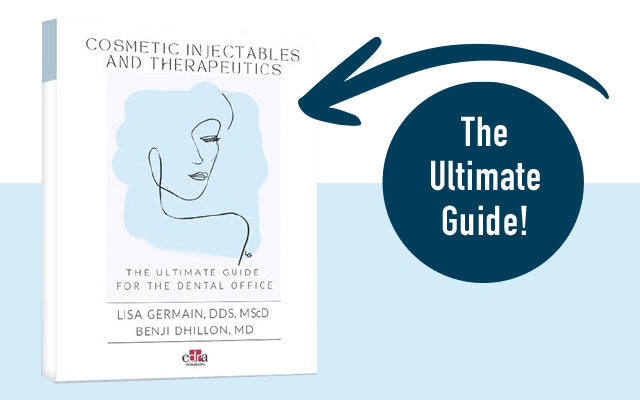
Cosmetic Injectables & Therapeutics
The ultimate guide! If you are a smile designer, you need to give the patient not just what they need, but what they want as well. This groundbreaking work by Dr. Lisa Germain and Dr. Benji Dhillon offers an in-depth exploration of minimally invasive cosmetic and therapeutic procedures tailored for dental professionals.
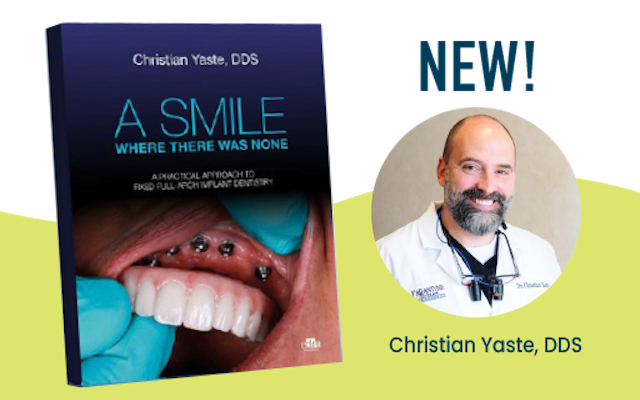
A Smile Where There Was None
A PRACTICAL APPROACH TO FIXED FULL-ARCH DENTISTRY: Discover the world of fixed full-arch implant dentistry through the expertise of Dr. Christian Yaste. This guide delves into his extensive experience with over 400 successful implant cases, offering invaluable insights for clinicians. Dr. Yaste has meticulously explored and applied various full-arch stackable surgical guide systems, refining a process that ensures effective and efficient treatment.
PODCASTS powered by Dental Slang

From Restorative Dentistry to Orthodontics
In her orthodontic practice, Dr. Courtney Lavigne combines her restorative dentistry expertise with orthodontic training, emphasizing facial aesthetics and three-dimensional tooth alignment. Listen in as she emphasizes that early orthodontic evaluations are vital and shares the impact of 3D printing and AI in orthodontics.

Mastering Orthodontics with Dr. David Sarver
Explore the "Bigger Picture" of Orthodontics with Dr. David Sarver. In this interview, Dr. Sarver shares insights into "Mastering Orthodontics," an online platform designed to deliver case-based education. With over four decades of clinical experience, don't miss his valuable insights on dentofacial aesthetics and the importance of interdisciplinary collaboration.

Tooth Wear & Interdisciplinary Reconstruction of Worn Dentition
All the way from New Zealand, Dr. Shepperson stresses the importance of comprehensive education on tooth wear, which goes beyond what is typically taught in dental school. Dentists, both new and experienced, can benefit from understanding the multifaceted aspects of tooth wear, including etiology, risk assessment, and management strategies.

Handing Over the Reins!
The previous host of the podcast, Dr. Chris Phelps, hands over the reins and shares his journey into the world of marketing and how he had to learn the hard way. Learn about the importance of tracking marketing efforts to discern what's working and what's not.
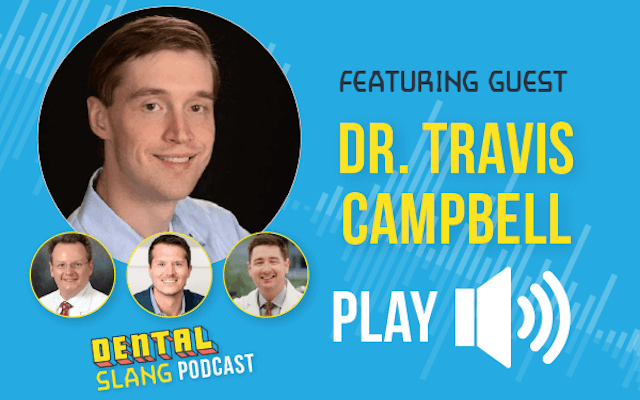
Debunk Common Dental Insurance Myths
Debunk common dental insurance myths with Dr. Travis Campbell. In this podcast, we discuss coding, when to file a claim (and when not to), as well as the right time to take an x-ray.
BUSINESS

Strategies for Growth and Sustainability with Drs. Nate Jeal and BT Nguyen

Teeing Up Success: Dr. Drew Ferris's Orthodontic Journey

Dental Website Functionality: What to Keep in Mind (and a few ways to save)

From Haiti to Hope: A Dentist's Journey of Resilience
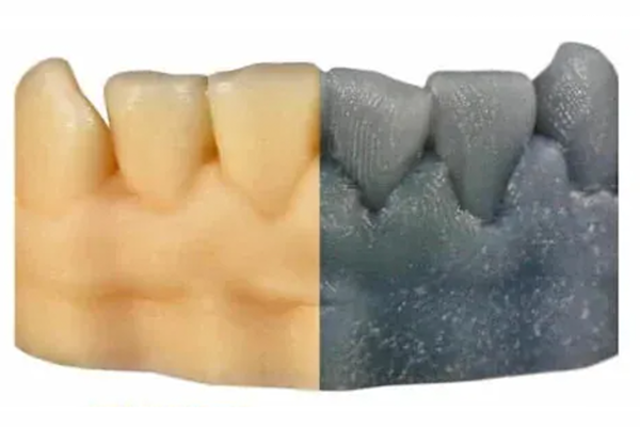
Differentiating Between DLP & SLA 3D Printers For Dental Offices
THE BEST

Indulge Your Sweet Tooth: Enter Our Best Dessert Contest!
by The New Dentist

Best CE: Seattle Study Club, Kirkland, WA
by The New Dentist

Best Looking Dental Office: Nevins Dental Center
by The New Dentist

Best Looking Dental Office: Dr. Gaetano Calesini
by The New Dentist

Best Looking Dental Office 2024! Submit Your Nominations!
by The New Dentist

YesGeorge
YesGeorge builds and manages dental websites for a fraction of the cost. We are more efficient than an agency-built site. More effective than DIY.
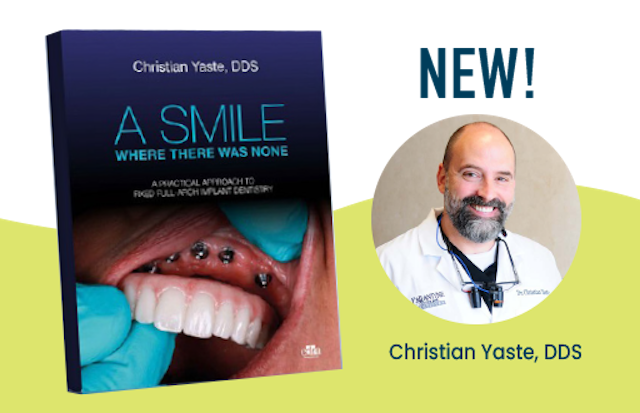
A Smile Where There Was None
A PRACTICAL APPROACH TO FIXED FULL-ARCH DENTISTRY: Discover the world of fixed full-arch implant dentistry through the expertise of Dr. Christian Yaste. This guide delves into his extensive experience with over 400 successful implant cases, offering invaluable insights for clinicians. Dr. Yaste has meticulously explored and applied various full-arch stackable surgical guide systems, refining a process that ensures effective and efficient treatment.

Fast Growth Dental
Unlock the key to working smarter, not harder, and discover the roadmap to creating your D.R.E.A.M. practice through dynamic leadership, real profits, expert conversion, achievable goals, and measurable marketing strategies. Optimize your time, streamline processes, and achieve sustainable growth without succumbing to burnout.
Clinical

Implant Dentistry: A Solution for Working Dental Moms?
by The New Dentist

Exploring the Frontiers of Pediatric Dental Sleep Medicine
by The New Dentist
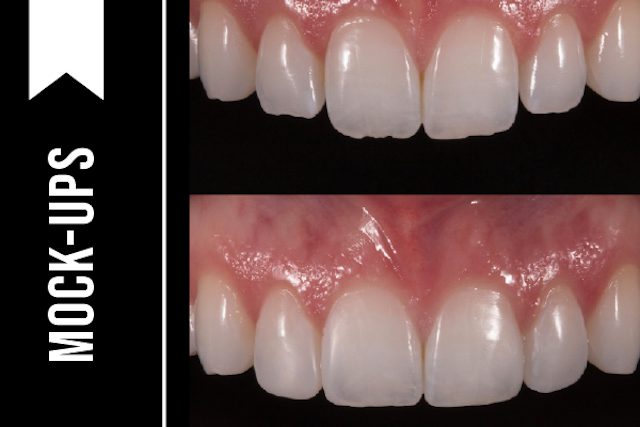
Let's Talk About Mock-Ups
by The New Dentist

Does Tooth Wear Matter?

Enhance Your Treatment Predictability with Dr. William Nudera
by Dr. William J. Nudera DDS, MS